
Get Free Risk Analysis
Follow T-ALL
Yuli Zhongqian LNG Station is the first natural gas liquefaction station built by Xinfa Group in the Tarim region, aiming to convert natural gas produced from Xinfa Group's natural gas wells in the Xinyuan block into LNG for sale. With the continuous production of natural gas from this block, the timely completion and operation of the LNG station are particularly crucial.
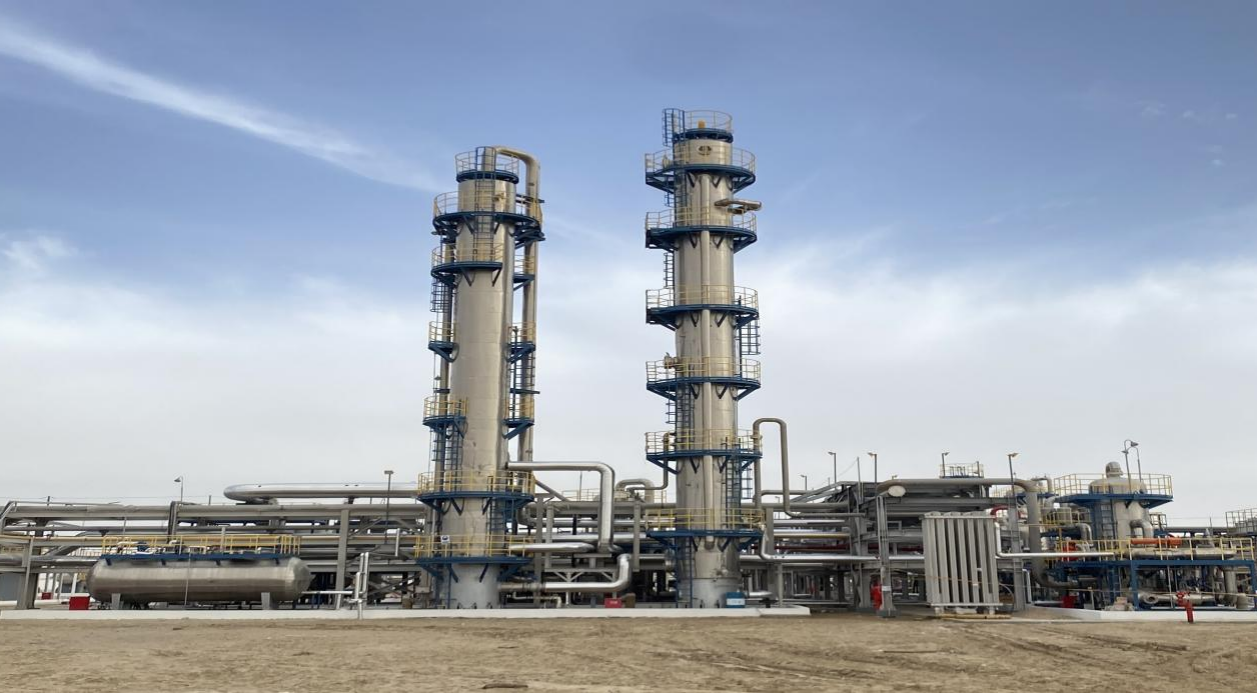
The high-pressure gas tightness test is the last safeguard for system seal safety before the official commissioning of the LNG station. It aims to simulate the system's operating state to identify leakage points in the system and make timely rectifications. The drying service involves purging the moisture and impurities in the pipelines to ensure their cleanliness and avoid valve icing caused by excessive moisture during operation, which could lead to valve blockage. The precooling service involves re-tightening system connections at low temperatures to ensure intact sealability.
Efficient Operations Gain Customer Trust
On October 6, 2024, upon receiving instructions from the client, T-ALL Inspection's tightness testing team prepared diligently and arrived at the site on October 8. They organized operations in the afternoon of the same day and worked efficiently and creatively throughout the process. Both parties demonstrated a high level of cooperation and collaboration, ultimately completing all gas tightness testing operations two days ahead of the client's planned schedule.
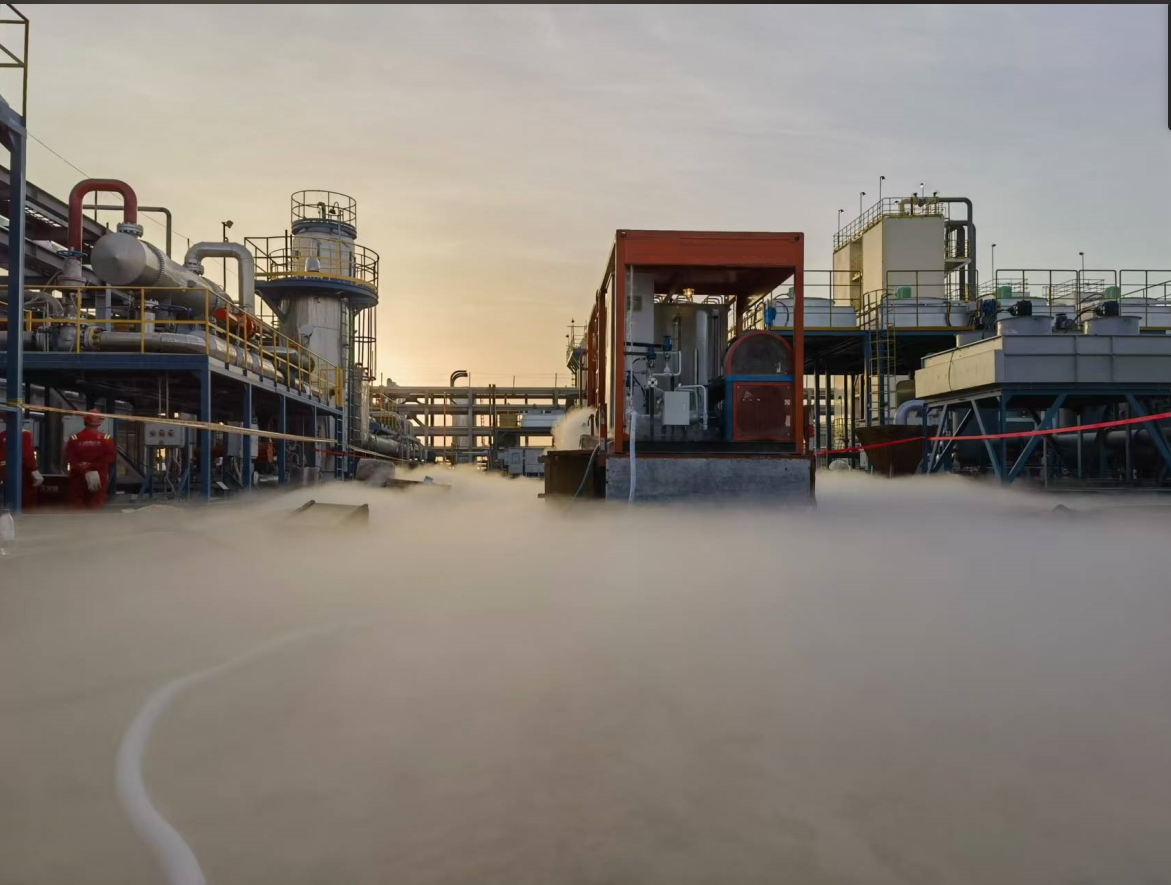
This gas tightness testing covered all process links, including LNG storage tanks, loading arm pipelines, refrigerant storage tanks, compressors, and cold boxes. T-ALL Inspection's tightness testing team worked closely with the construction unit, overcame tight deadlines and harsh environments, formulated detailed technical plans, strictly enforced testing standards, and ensured perfect delivery by the site supervisor's constant supervision of testing quality to prevent missed inspections. Over 40 leakage points were detected during this gas tightness testing, and all were retested and delivered after repairs.
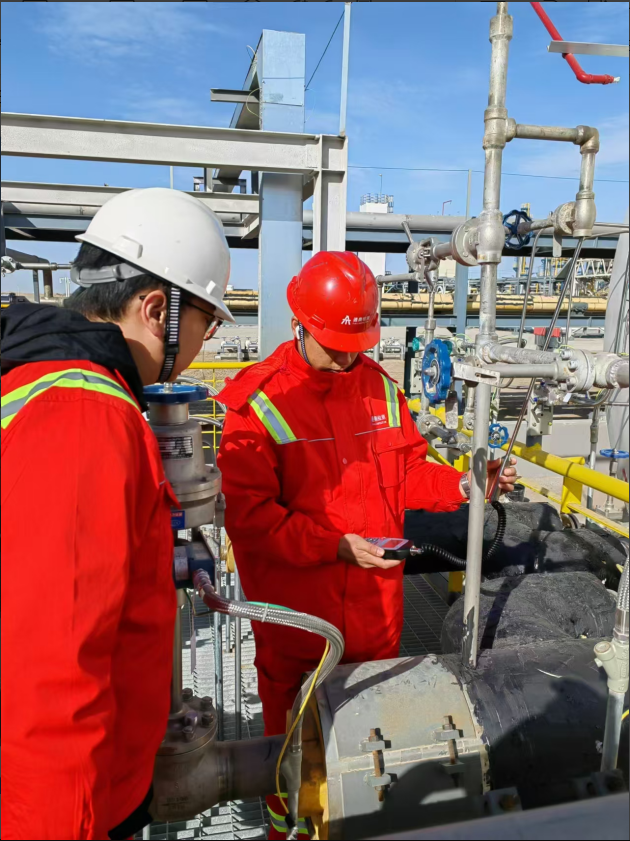
T-ALL Inspection's on-site organization and professional technical capabilities were recognized by the client. After completing the gas tightness testing, the client assigned additional drying and precooling tasks to our company, resulting in business expansion.
High Quality and Quantity, Exceeding Expectations
For this drying operation, the client required the system dew point to reach below -60°C, with ten large tanks of 150 cubic meters each, presenting high drying standards and significant challenges. When the system dew point reached -40°C at the end of the drying process, the dew point temperature dropped extremely slowly. Our company promptly communicated and coordinated with the client's responsible person, optimized the operation plan, re-identified injection points, shortened the pipe length, and adopted a drying-by-drying approach to complete the drying of all large tanks within two days, effectively shortening the planned construction period. Ultimately, the system dew points all reached below -65°C, delivered above the client's required standards, fully demonstrating our company's technical strength.
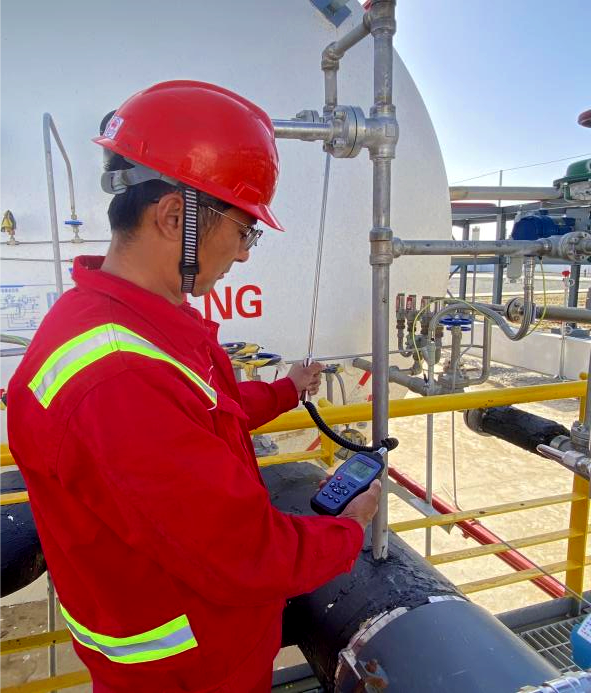
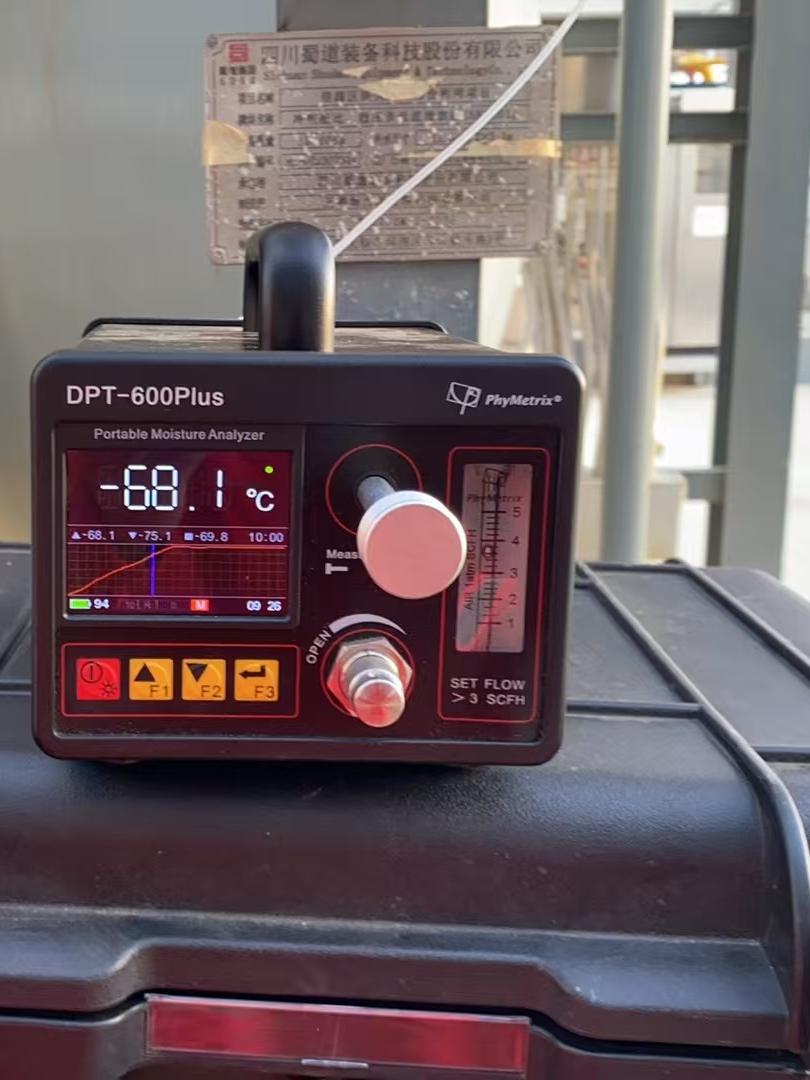
Remarkable Results, Efficient Mutual Win
As of November 14, 2024, T-ALL Inspection successfully completed the high-pressure gas tightness test, drying, and precooling work before the commissioning of Yuli Zhongqian Energy Co., Ltd.'s LNG project. The detected leakage points were promptly reported to the client for equipment repairs. By providing related technical services, T-ALL Inspection not only effectively identified and repaired safety hazards caused by leaks in the equipment but also reduced environmental pollution from LNG leaks and avoided unnecessary high-risk losses, providing a strong guarantee for the safe and smooth commissioning of the client's LNG station and achieving a win-win situation in economic and environmental benefits.
T-ALL Inspection solves leakage pain points for clients and provides comprehensive leakage detection technology solutions for the entire lifecycle of process industry facilities, helping clients prevent, identify, and solve leaks to achieve the creation of "zero-leak factories."